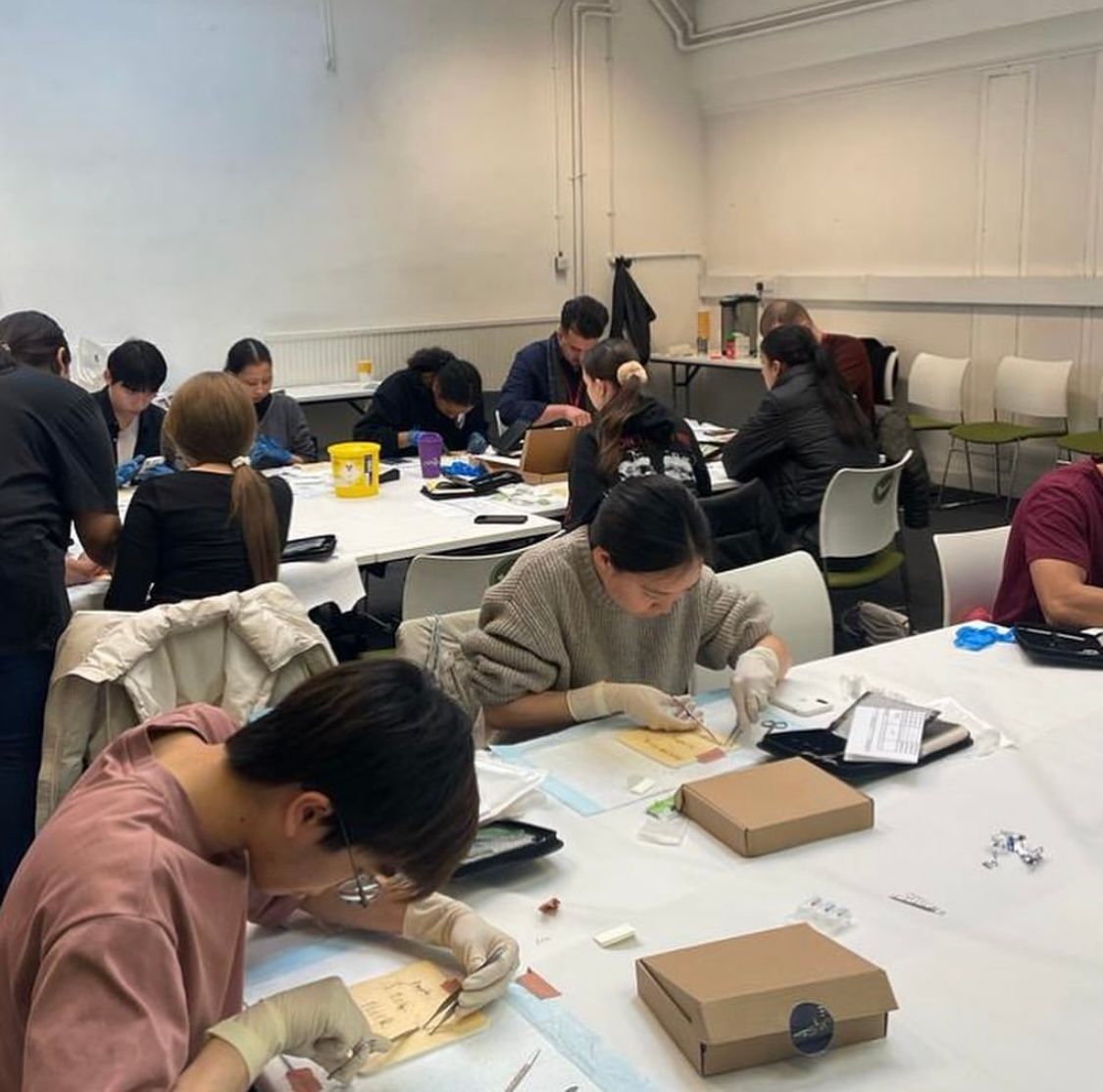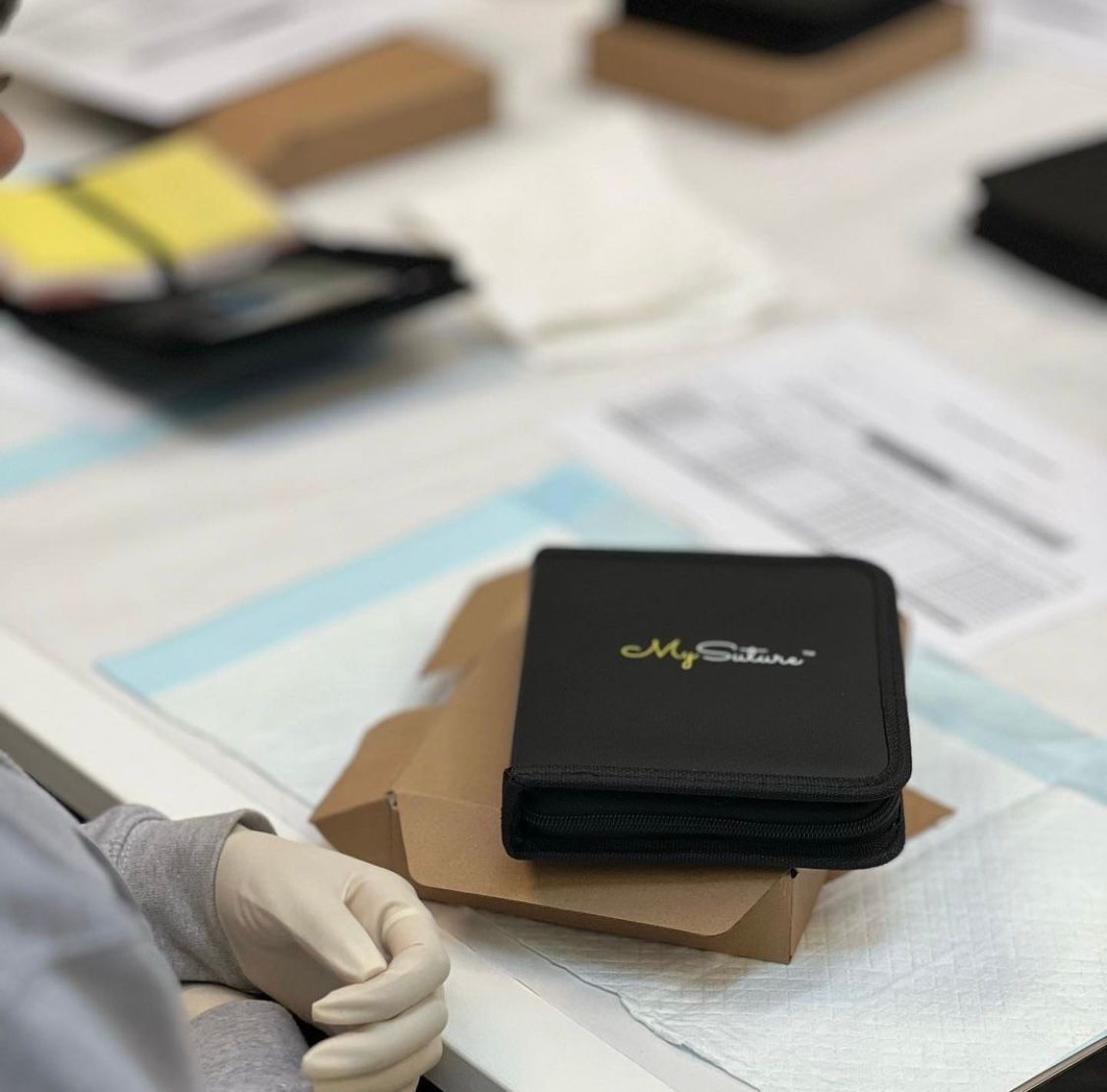Med School in March
Maximising Your Potential: What Medical Students Can Do in March

Medical school is a demanding journey, and every month presents new opportunities for growth. March is the perfect time to refine your skills, enhance your knowledge, and take actionable steps toward your career goals. Whether you're focusing on suture practice, improving clinical skills, or preparing for exams, here are some essential ways medical students can maximize their potential this month.
1. Strengthen Your Suturing Skills
Hands-on skills are crucial in medical training, and suturing is one of the most essential techniques to master. Take this month to practice different suturing techniques on simulation pads, invest in a high-quality suture kit for home practice, and watch expert-led tutorials to refine your precision. Regular suture practice will build confidence and prepare you for clinical rotations and surgical experiences.
2. Prepare for Clinical Rotations
March is a great time to gear up for upcoming rotations. Strengthen your foundation by reviewing key procedures like wound closure, patient examinations, and case presentations. Practicing effective communication with patients and healthcare teams is essential. Ensuring your suture kit is stocked and ready for hands-on experiences will help you feel more prepared.
3. Optimise Your Study Plan
If exams or board preparations are approaching, stay on track with a structured study plan. Set clear goals for each week and prioritize high-yield topics. Use active learning techniques like flashcards, group discussions, and case-based learning. Incorporating hands-on suture practice sessions will help balance theoretical and practical knowledge.
4. Network & Seek Mentorship
Connecting with peers and mentors can open doors to valuable insights and opportunities. This March, consider attending medical workshops, webinars, or networking events. Reaching out to faculty or senior medical students for guidance can provide useful perspectives. Joining online forums and groups focused on suturing techniques and clinical skills can also be beneficial.
5. Focus on Well-Being & Balance
Burnout is a real challenge in medical school, so it’s important to maintain a healthy balance. Prioritizing regular exercise and mindfulness activities can help manage stress. Effective time management will allow you to balance studies, suture practice, and relaxation. Connecting with friends and family for support can provide much-needed encouragement and motivation.
Unlock Your Potential with MySuture
At MySuture.com, we provide premium suture kits to help medical students refine their skills. Whether you're a beginner practicing suturing techniques or advancing your surgical sutures knowledge, our tools support your journey toward clinical excellence.

